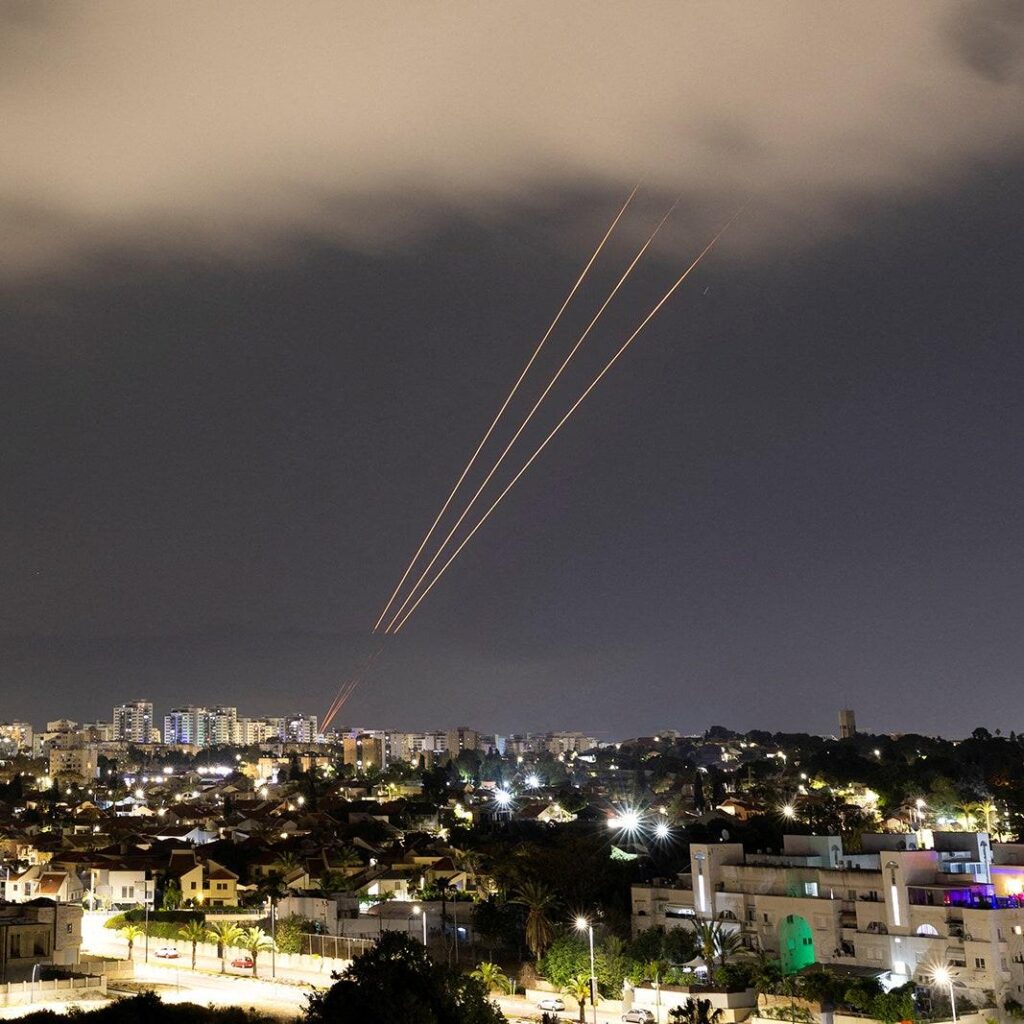In a high-stakes game of cat and mouse, Israel’s attempts to target Iran’s underground missile cities have so far been met with frustration and failure. Despite strategic planning and sophisticated weaponry, the elusive nature of these hidden facilities has proven to be a formidable challenge for the Israeli military. As tensions in the region continue to simmer, the question remains: can Israel ultimately succeed in neutralizing this covert threat?
Israels Strategic Implications of Failing to Strike Irans Underground Missile Cities
The failure to strike Iran’s underground missile cities has significant strategic implications for Israel. Without neutralizing these hidden missile sites, Israel is left vulnerable to potential attacks from Iran’s advanced missile capabilities. The inability to target these underground facilities puts Israeli cities and infrastructure at risk, as they may become targets for Iranian missiles in the event of a conflict.
Furthermore, the failure to strike Iran’s underground missile cities undermines Israel’s ability to deter aggression from Tehran. Iran’s underground missile storage and launch sites provide a sense of security and leverage for the Iranian regime, knowing that their missile capabilities remain intact. This lack of action also sends a message to other regional players that Israel may not have the capability or willingness to confront Iran’s military threats effectively.
Challenges in Targeting Irans Missile Program: Analysis and Insights
Despite numerous attempts by Israel to target Iran’s underground missile cities, they have consistently faced challenges in achieving their objectives. The advanced nature of Iran’s missile program, coupled with the strategic placement of these facilities deep underground, has made it difficult for Israel to successfully strike these targets.
One key challenge lies in the sophisticated defense systems protecting Iran’s missile sites, which have proven resilient against Israeli airstrikes. Additionally, the sheer size and complexity of these underground facilities make them difficult to accurately pinpoint and destroy. As a result, Israel’s efforts to disrupt Iran’s missile program have been largely unsuccessful, highlighting the complexities and obstacles involved in targeting such critical infrastructure.
Recommendations for Israel to Address Irans Growing Threat from Underground Missiles
Israel must urgently address Iran’s growing threat from their underground missile cities as traditional airstrikes have proven ineffective in destroying these hidden arsenals. It is crucial for Israel to develop new strategies and technologies to target these underground facilities. Here are some recommendations to tackle Iran’s underground missile threat:
- Invest in bunker-busting bombs: Israel should invest in developing and acquiring bunker-busting bombs that are capable of penetrating deep into the ground to reach Iran’s underground missile sites.
- Enhance intelligence gathering: Israel needs to improve its intelligence gathering capabilities to accurately identify the location of Iran’s underground missile facilities.
- Collaborate with allies: Israel should work closely with international allies to share intelligence and coordinate efforts to neutralize Iran’s underground missile threat.
Wrapping Up
As Israel’s efforts to target Iran’s underground missile cities have proven unsuccessful, the future of this ongoing conflict remains uncertain. Despite facing obstacles in their mission, both nations continue to navigate a delicate balance of power in the Middle East region. Only time will tell how this standoff will evolve, and what new challenges and strategies will emerge in the ever-evolving landscape of international relations. Stay tuned for further developments on this complex and intricate geopolitical saga.


